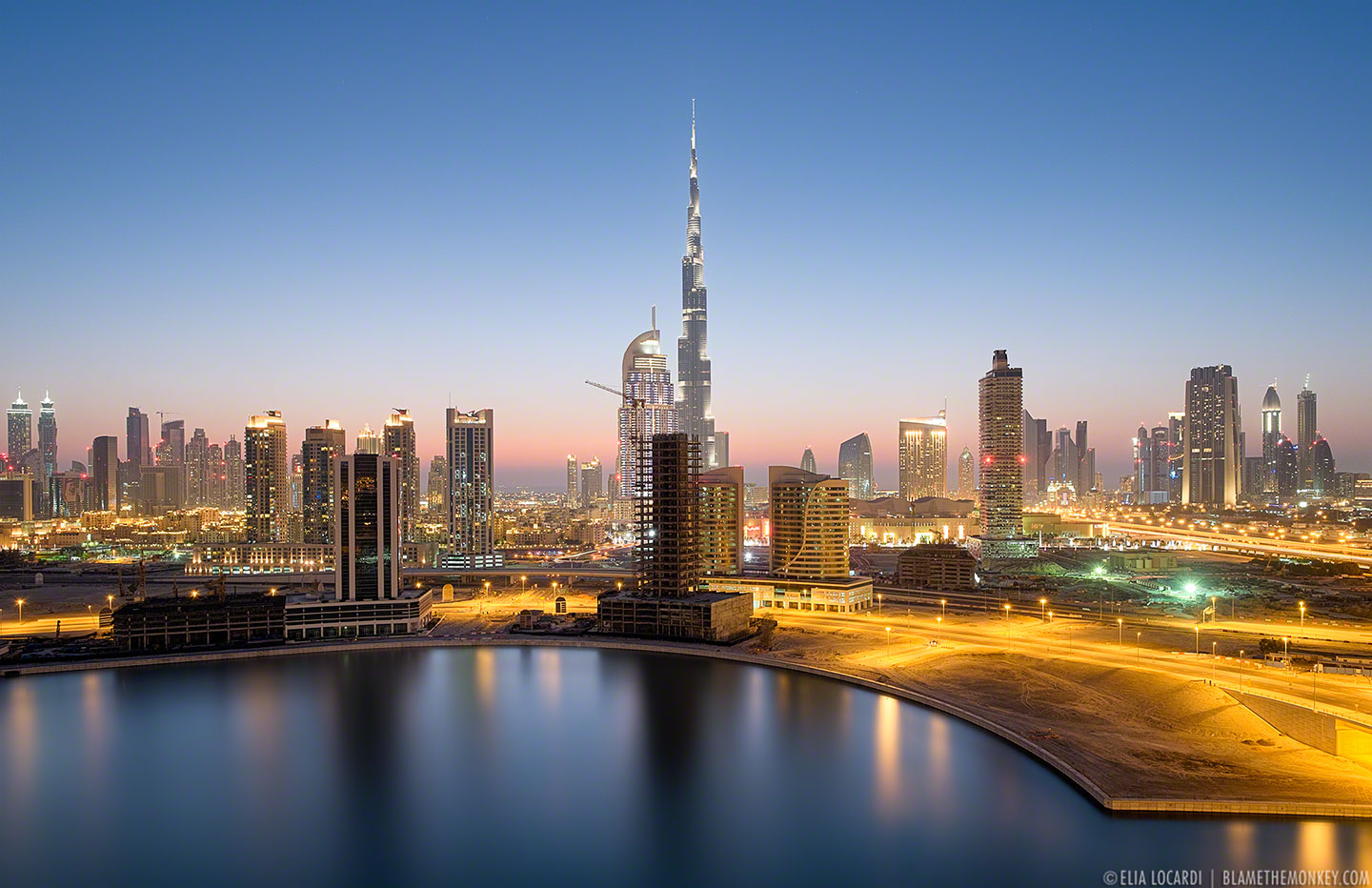Ebola Outbreak Reaches Major City in Congo, Renewing Calls for Emergency Order
The year-old Ebola epidemic in the Democratic Republic of Congo has reached the city of Goma, which has a population of nearly 2 million, an international airport and ferries and buses that fan out over much of the region. Goma is also just one kilometer, or about half a mile, from the border with Rwanda.
Just one infected man reached the city over the weekend, but it is a development that health officials have long dreaded.
“The identification of the case in Goma could potentially be a game-changer in this epidemic,” said Dr. Tedros Adhanom Ghebreyesus, the director-general of the World Health Organization, speaking on Monday in Geneva at a high-level United Nations meeting about the outbreak. He called Goma “a gateway to the region and the world.”
Because of the Goma case, Dr. Tedros said he would once again convene a W.H.O. committee to decide whether it is time to declare the epidemic a “public health emergency of international concern,” which could draw more international help to the region. This would be the fourth meeting of the committee, which has declined three times to declare an emergency and has drawn sharp criticism from many public health experts.
The last refusal to declare an international emergency occurred even after the disease had reached Uganda, where there were three cases in people who had crossed the border from Congo. Uganda has experience with Ebola and containment measures, and no more cases have been detected there.
South Sudan, which also borders Congo, is considered far less capable of controlling an outbreak, and there is great concern about the possibility of the disease spreading there.
A major argument against declaring an emergency is that it could lead to restrictions on travel and trade that could harm countries in the region and hamstring efforts to get more people and supplies into epidemic zones.
In his speech on Monday, Dr. Tedros also said that two health workers responding to the outbreak had been murdered in their home in Beni. The epidemic region, in the northeastern part of the country, is a conflict zone with many armed militias, and deep distrust of the government and outsiders. Since January, there have been 198 attacks on treatment centers and health workers, killing seven.
The outbreak, the second largest in history after the one in West Africa in 2014 and 2015, has infected 2,489 people, and 1,665 of them have died. Nearly a third of the cases have been in children, and slightly more than half in women. Some public health experts believe the outbreak could last into next year.
People in the affected communities have sometimes rejected or avoided treatment or vaccination, out of unfamiliarity with the disease, distrust of foreign health workers and even fear that outsiders have brought the disease.
There is also resentment over all the attention given to Ebola when the impoverished region has other severe health problems, like a measles outbreak that has killed 2,000 children, as well as cholera outbreaks, endemic malaria and high rates of women dying from childbirth.
Dr. Tedros said people in the street in Congo have asked him, “‘Are you here to help us, or to prevent this thing from coming to you? Are you doing this for us, or for yourself?’ It embarrasses me.”
He said people in the region needed to be reassured that the international assistance would stay long after Ebola was gone.
“We should not appear to be seen as if we are parachuting in and out because of Ebola,” he said.
Speakers at the U.N. meeting on Monday said there was an urgent need for more money from member countries to fight the outbreak. If nations do not open their coffers now, the situation will only spiral further out of control and cost far more in the long run, warned Mark Lowcock, the U.N. under-secretary-general for humanitarian affairs and emergency relief coordinator. He said that $2 billion had been spent on the West African outbreak.
So far, more than 161,000 people have been vaccinated, with a Merck vaccine that is considered highly effective. Other companies have also produced Ebola vaccines, and health experts had hoped to deploy those as well, but Congo’s health ministry has said it will use only Merck’s vaccine, because it has taken tremendous efforts to gain the community’s acceptance of that one.
“We need to close the debate,” said Congo’s health minister, Dr. Oly Ilunga. “We have a vaccine that is highly effective, accepted by the population after a period of mistrust.”
He added: “We don’t want contradictory messages going out, or contradictory schemes. We have an effective weapon. Let’s focus on that.”
[Like the Science Times page on Facebook. | Sign up for the Science Times newsletter.]
Dr. Ilunga also urged the participants at the U.N. meeting to refrain from talking too much about money, because perceptions that the response was bringing cash into the region had led to “rare cases of hostages being taken.”
He said, “Let’s not talk about figures too much, to not put the teams on the ground in danger.”
The man who brought the disease to Goma was a pastor who had preached and laid his hands on the sick in seven churches in Butembo, a hot spot in the outbreak. He first had symptoms on July 9 and was treated at home by a nurse, but boarded a bus to Goma on July 12. He passed through three health checkpoints on the bus ride without any symptoms being detected, and gave a different name at each checkpoint, apparently hoping to avoid being detained, according to local health authorities.
He was ill by the time he reached Goma, and he went to a clinic, where Ebola was diagnosed.
Because of precautions already in place to help control the epidemic, health officials had the names of 18 other bus passengers and the driver, and were to start vaccinating them on Monday.



























